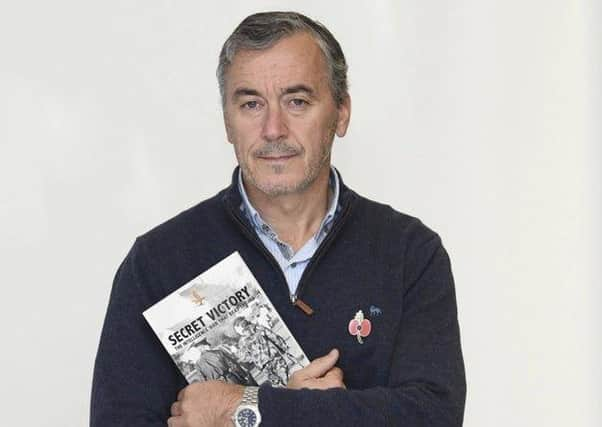Loughinisland ruling helps “expose fake news of collusion”


Dr William Matchett said his conclusion, after an initial reading of the determination by Northern Ireland’s most senior judge, was that Sir Declan Morgan had “just taken crime out of collusion”.
On Thursday, the Court of Appeal ruled that former police ombudsman Dr Michael Maguire had “overstepped the mark” in finding RUC officers committed criminal acts of collusion with loyalists who massacred six Catholic men at The Heights bar in the Co Down village in June 1994.
Advertisement
Hide AdAdvertisement
Hide AdHowever, the appeal court judges rejected a bid by two retired senior policemen to quash the watchdog’s entire public statement on the Loughinisland atrocity.
They accepted it had been appropriate for the ombudsman to acknowledge what he had uncovered was in line with the views of the victims’ families on corrupt relationships between security force personnel and the paramilitary killers.
Lord Chief Justice Sir Declan Morgan identified three sections in the disputed report where he went beyond his powers in reaching emphatic conclusions.
Dr Matchett also said that the “fake news of collusion is starting to be exposed”.
Advertisement
Hide AdAdvertisement
Hide AdHe said the amount of misinformation readily available in today’s digital age made it vitally important that people look for actual evidence.
“Read the [2016] Loughinisland report with this ruling in mind and collusion is, essentially, a difference of opinion on how to police armed conflict,” he said.
“In future, people will look to see if evidence was presented to prosecute and if not, will know they were reading opinion,” Dr Matchett added.
In a previous News Letter article, the author of Secret Victory: The Intelligence War that Beat the IRA, said: “Defining ‘collusion’ to include a range of lawful intelligence practices normal in an armed conflict environment illustrates a limited understanding of the security approach ... doing a huge disservice to victims. For many people the term conjures up images of criminal conspiracy, giving a misleading impression of agent handling”.